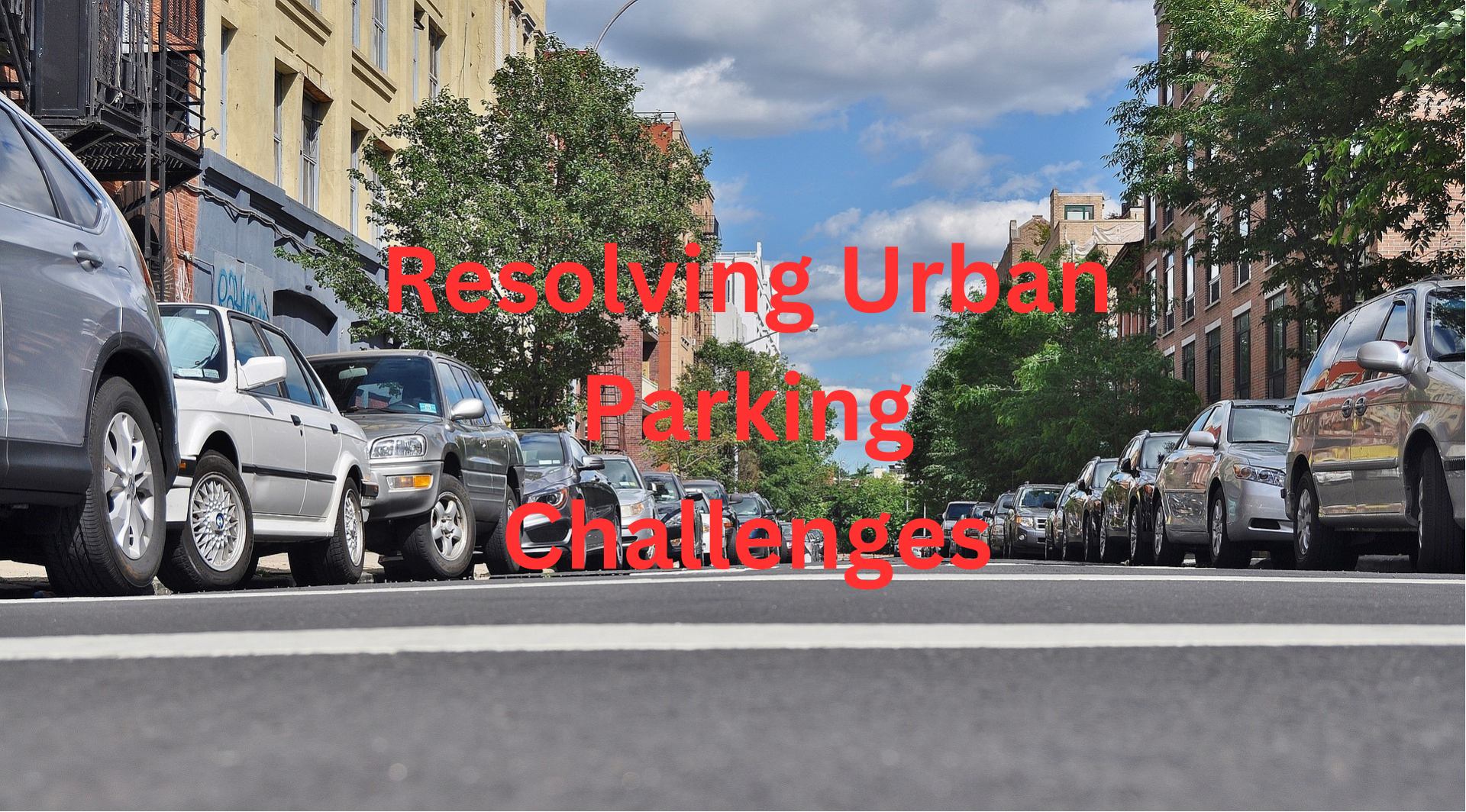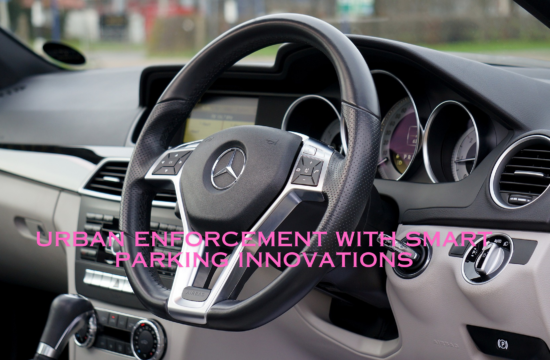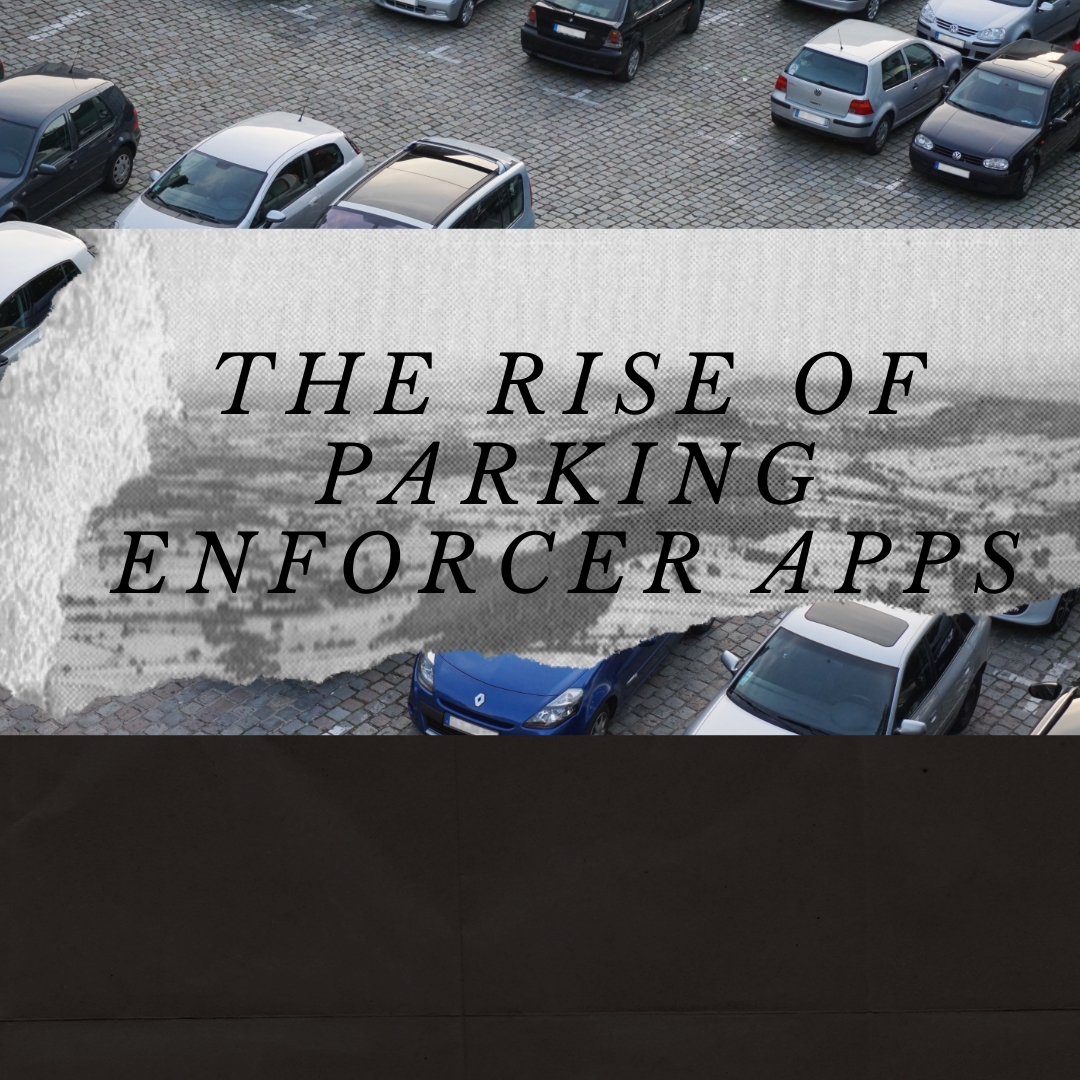Parking issues in cities have become a major source of aggravation for citizens and contribute to traffic congestion. The issues of urban parking are exacerbated by a lack of parking spots, unauthorized parking, and inadequate parking management systems. However, by using new tactics and utilizing technology, these difficulties may be solved and a more efficient and accessible parking environment created. In this post, we will look at numerous ideas and tactics that can help reduce parking problems in cities and pave the way for a better future.
Embracing Intelligent Parking Solutions
Embracing intelligent parking solutions revolutionizes the way we manage parking. By adopting advanced technologies and innovative approaches, cities can optimize parking spaces, improve traffic flow, and enhance the overall parking experience. Intelligent parking solutions offer efficiency, convenience, and sustainability, shaping the future of urban mobility.
Promoting Sustainable Transportation Options:
Promoting sustainable transportation options is key to creating greener and more livable cities. By encouraging alternatives like cycling, walking, and public transit, we can reduce congestion, lower emissions, and improve air quality. Embracing sustainable transportation is a vital step towards building a more environmentally friendly and socially conscious urban landscape.
Creating Intermodal Transportation Hubs
Establishing intermodal transportation hubs is essential for enhancing connectivity and convenience in urban areas. By integrating various modes of transportation such as buses, trains, and bicycles into a centralized hub, commuters can easily transfer between different modes, reducing travel time and improving accessibility. Creating these hubs fosters efficient and seamless intermodal transportation networks for urban residents and visitors.
Improving Vertical Parking Facilities
Enhancing vertical parking facilities is a key focus in optimizing urban parking solutions. By utilizing innovative technologies and design concepts, vertical parking structures can increase capacity and efficiency, making the most of limited space. These improvements result in improved parking availability, reduced congestion, and a more streamlined parking experience for urban dwellers.
Applying Variable Pricing Models:
The application of variable pricing models is gaining momentum as a strategy to optimize parking utilization. By dynamically adjusting prices based on demand and availability, cities can effectively manage parking spaces, incentivize behavior, and reduce congestion. Variable pricing models contribute to a more efficient and equitable parking system that meets the evolving needs of urban areas.



